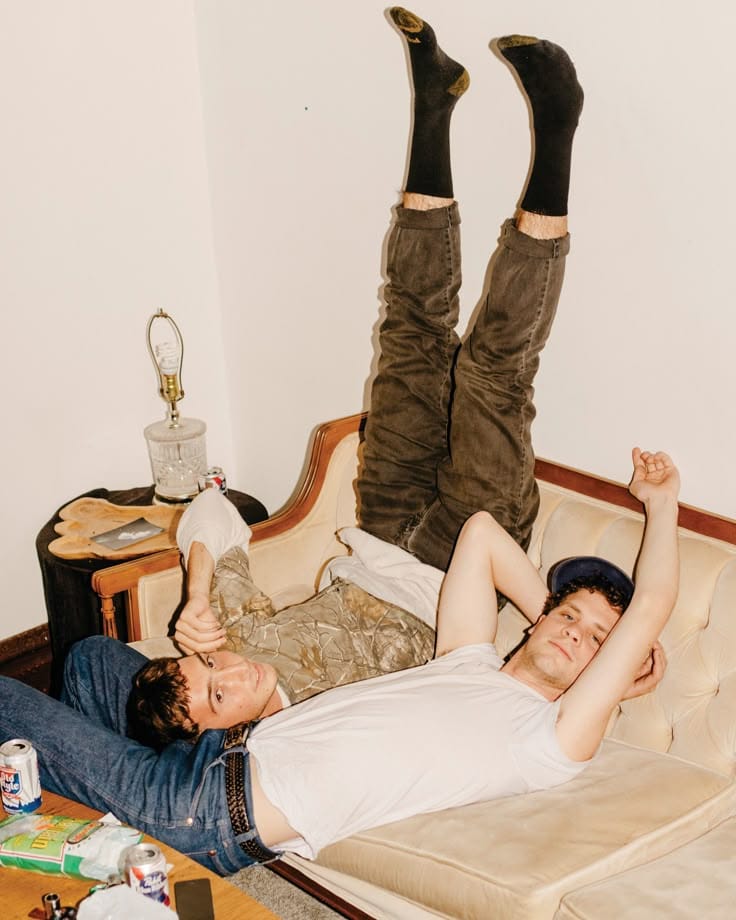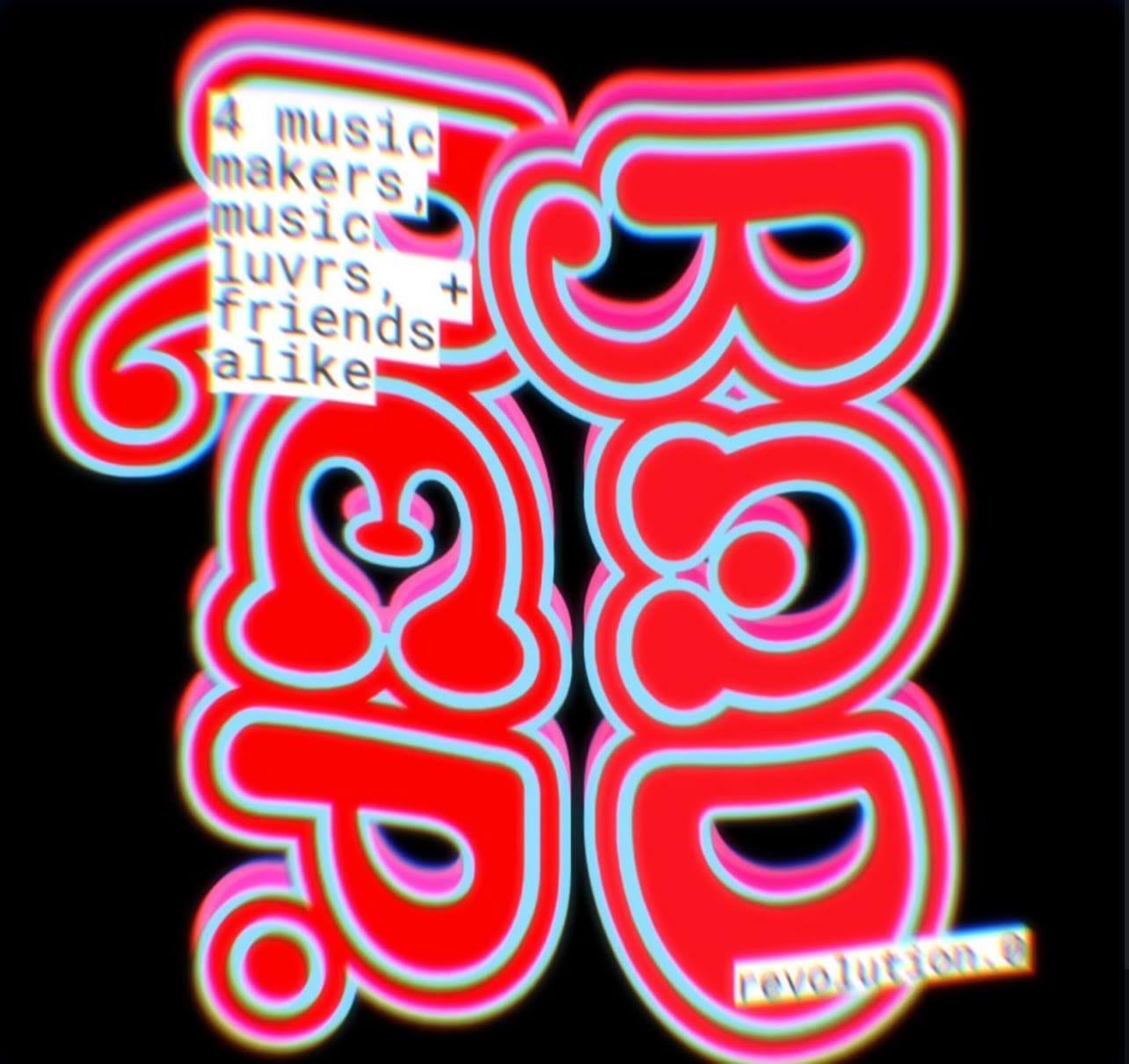On ‘Darling,’ Whitney Lets the Space Between Notes Speak

Whitney formed in the shadow of something ending — not just musically, but emotionally. In 2016, after the dissolution of indie rock outfit Smith Westerns, guitarist Max Kakacek and drummer-vocalist Julien Ehrlich (formerly of Unknown Mortal Orchestra) turned toward something softer, more intentional. Their debut album Light Upon the Lake wasn’t just a project; it was a grief ritual disguised as Americana. Since then, Whitney has become a quiet authority on how to hold space for tenderness in an increasingly chaotic cultural landscape. They’ve never shouted for attention. Instead, they’ve used falsetto, horns, and melodic restraint to do something rarer: they’ve asked us to feel without spectacle. Each record, from 2020’s Forever Turned Around to 2022’s brighter Spark, has documented emotional recovery in real time. And now, with the release of “Darling”, they return — not with grandeur, but with grace.
“Darling” lands like a soft bow on a letter you never meant to send. It’s delicate, restrained, and yet spiritually weighted — a whisper that somehow feels louder than a scream. At just under three minutes, the song gives us two acts of intimacy: first, Julien Ehrlich’s signature falsetto arrives, weary and honest, as he admits, “Along the way I had my doubts.” The production is minimal — acoustic guitar, barely-there percussion, and gentle brass flourishes that swell like thoughts you almost said aloud. It’s the kind of sonic space that doesn’t ask for attention, but simply assumes it’s safe to be vulnerable. Halfway through, the song shifts — not jarringly, but intentionally — as if a decision has been made mid-thought. Where there was hesitation, there’s now clarity. Where there was apology, there’s release. And that’s where the true beauty of “Darling” lies: in its refusal to overstay, to over-explain, to overperform. It ends before you’re ready — like most honest goodbyes.
Whitney has always operated like emotional architects — designing songs that feel like rooms you’ve already lived in. “Darling” doesn’t depart from that; it distills it. The track feels like the sonic equivalent of watching someone leave and knowing you can’t follow. It’s a nod to the duo’s roots in folk-pop and soul, but with even more emotional precision. Max Kakacek’s guitar work here is subtle but evocative — not a soloist, but a companion to Ehrlich’s vocal confessions. And the horns? They don’t shout. They sigh. There’s no irony, no cleverness, no detachment. Whitney isn’t trying to be ahead of the curve. They’re trying to be honest in the moment. And that’s infinitely more rare.
This isn’t a single engineered for playlists. It’s a feeling engineered for closure. “Darling” is a ceremonial threshold — a musical doorway you walk through and emerge slightly altered. There’s healing here, but it’s not the tidy kind. It’s the kind that comes from letting yourself grieve privately. In a world addicted to loudness and speed, Whitney offers a kind of sacred slowness. This is a song that says: what’s tender is strong, and what’s small still matters.
Symbolically, “Darling” reclaims silence as a form of power. It asks: What if closure doesn’t need to be loud? What if release is a private ritual, not a performance? It’s not built to impress. It’s built to resonate, to stay inside you longer than it stays on the tracklist. And in doing so, it creates a new space — not just for Whitney, but for anyone quietly waiting to let go of something.
For Cailey-coded listeners — the emotionally advanced, the romantically bruised, the ones who fold their pain neatly into poems — this track is a map home. Not a home you return to, but one you build by feeling what you avoided. “Darling” isn’t just about saying goodbye. It’s about meaning it. And in that meaning, there’s a soft kind of freedom. A soft kind of power.
